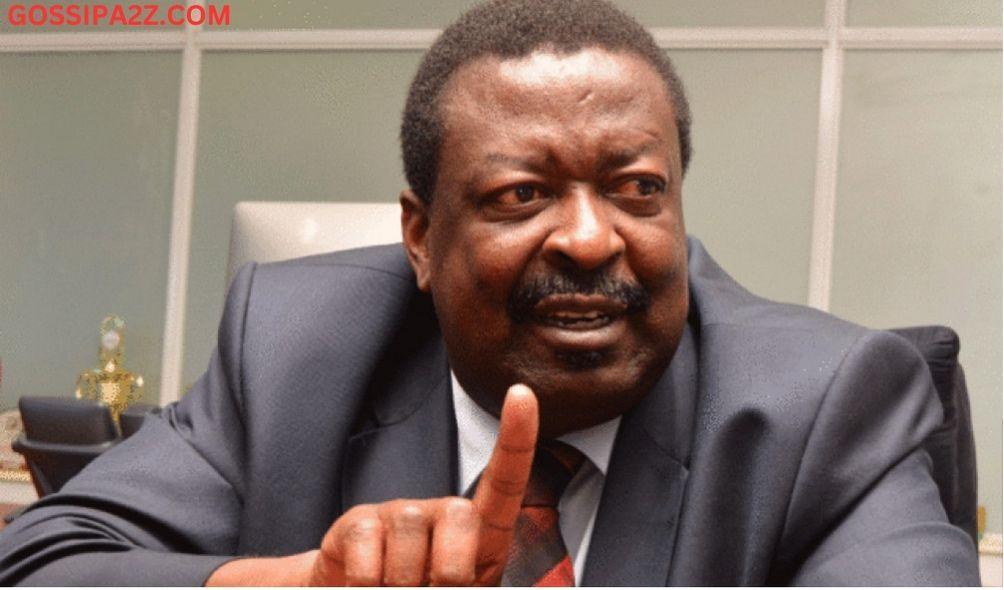Mudavadi Cornered On Tax Hike In An Interview Abroad
Prime Cabinet Secretary Musalia Mudavadi was pressed on Wednesday to clarify President William Ruto’s decision to raise taxes despite the availability of other revenue-raising options.
In her query, the interviewer from Bloomberg TV pondered whether the Kenyan government, in addition to taxes, had the opportunity to privatize state firms and increase their revenues in the process.
“Part of this idea of tax hikes being put on to target the debt policy. Why does it now at a time when the Kenyan Government has other options, for example privatizing state-owned firms to generate the growth of the company?” Posed journalist Kriti Gupta.
In response, Mudavadi argued that since the state was reducing its reliance on debt, it was necessary to generate its revenue.
However, he noted that the privatization of state-owned companies would take longer to implement, and without tax enforcement, the state would be left in a difficult financial position.
ALSO READ: ‘Kenyans Are Worse Off Than Before You Assumed Office,’ Opposition Politicians Say As They Slam Ruto
“Fiscal consolidation requires that we live within our means and the privatization program is going to go on in parallel. But getting the private sector in terms of privatization takes quite a bit of time. It is something that we must run in parallel with other measures.
“We do not have the fiscal space that one would expect us to have and, therefore, we will have to raise some of the revenues locally. Part of these involves not just raising taxes in specific areas but also making sure there is less pilferage when it comes to tax collection.”
In the first year of President William Ruto’s administration, several new tariffs have been implemented to increase state revenues.
For example, commencing in July 2023, all formally employed Kenyans will pay a 1.5% housing levy and a digital economy tax to fund the affordable housing project.
At the same time, the state increased the value-added tax on petroleum from 8% under Uhuru Kenyatta’s administration to 16%.
Privatization of Businesses
The regime has also implemented the leasing of critical state assets to private companies, beginning with the Mombasa and Lamu ports.
On Monday, Kenya Ports Authority managing director William Ruto announced public-private partnership (PPP) tenders for the development and operation of port assets.
Lamu Container Terminal Berths 1 to 3, Lamu Special Economic Zone, Mombasa Port Berths 11 to 14, and Mombasa Port Container Terminal 1 will be leased.
With the lease, the government aims at unlocking an additional Ksh1.46 trillion ($10 billion) at the port while attracting Ksh44.5 billion ($304 million) value of investments at various ports from private companies.
Mudavadi Cornered On Tax Hike In An Interview Abroad
